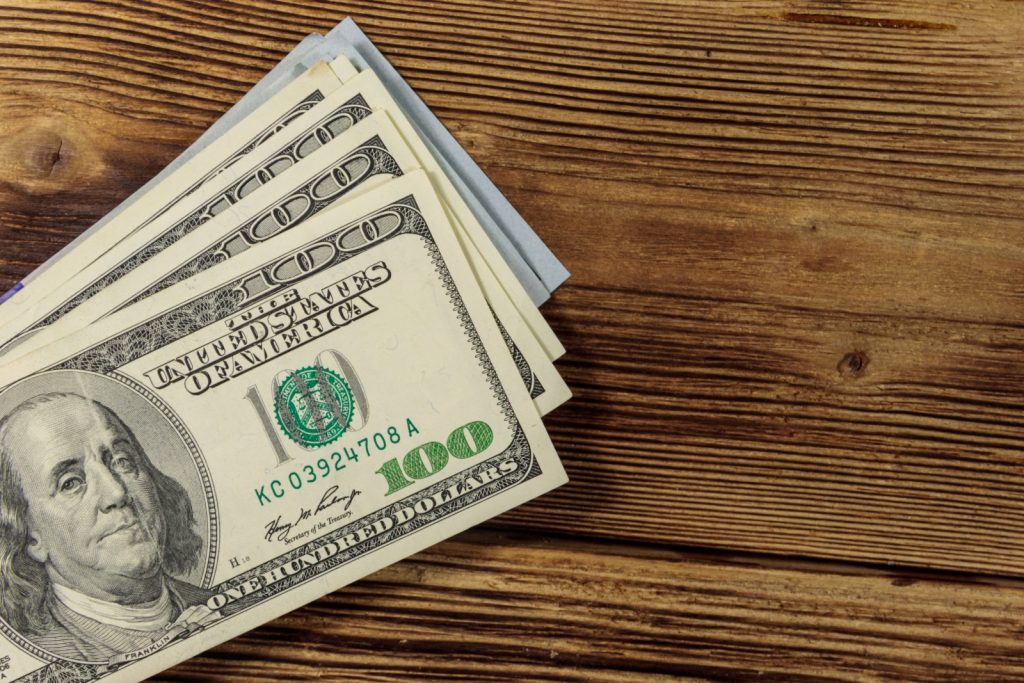
Suppose you’ve scrimped and saved for years for a down payment and you’ve finally found a property that you want to call home. Now it’s time to submit an offer. But, suppose the apartment is in need of repairs. Or, your furniture won’t fit and you don’t quite have the money to buy some new pieces. Or maybe you are simply strapped for cash at closing. One thing that some buyers do is ask for “credit at closing.”
What is a Closing Credit?
A closing credit is basically money the seller gives to the buyer at closing. Take an example of buying a $500,000 condo. Let’s assume you are offering the full asking price and putting 20 percent down ($100,000), while financing the other 80 percent for a total mortgage of $400,000. But suppose the apartment needs new appliances or the floors need to be redone and the walls painted. So, as part of the negotiation strategy, you ask for a closing credit of $10,000 to help pay for these costs.
You Will Need More Than a Down Payment at Closing
It’s important to note that the $100,000 is not the only cash you will need to bring to the closing table. For a condo, you should expect to pay approximately 2.5 percent of the total price in closing costs, which pencils out to around $12,500. However, if you receive a $10,000 closing credit, that means your out-of-pocket expense is only an additional $2,500 at the closing table. The closing credit comes from the seller’s checkbook and is applied towards your closing costs. So, your total out-of-pocket cash for this transaction is approximately $102,500. (See hypothetical closing costs for condo vs. a co-op on a $500K apartment).
Why Not Just Reduce the Offer Price?
You’re probably wondering why not just take $10,000 off the sales price? The simple answer is because it doesn’t amount to much once it’s rolled into the mortgage and most importantly, you need the money at closing or after closing to make a few repairs.
Let’s do the math. Say you negotiated the property from $500,000 to $490,000. Your 20 percent down payment would be $98,000, while your mortgage would be $392,000. With 2.5 percent closing costs, your closing fees would amount to $12,250. So, the money you need at the closing table is $110,250. That’s $7,750 more than in the scenario where you take the closing credit.
If cash is limited, and you would like to drop as little cash on the closing table as possible, the closing credit is a great way to do this. And while your initial out-of-pocket cash may be lower, your mortgage will be slightly higher. It is a trade-off you should consider when determining financing and closing costs.
Will This Irritate Sellers?
Yes, it could irritate a seller, but ultimately, the amount of money a seller receives at closing is the same in both scenarios. Therefore, if a seller is trying to sell their property, this is a good solution and the seller has nothing to lose.
Additionally, if it is a sponsor sale, it may enable the developer to look as if they weren’t actually providing any discounts on the sales price. The perception of this will have a direct impact on future sales in the development.
—
Hey, why not like StreetEasy on Facebook and follow @streeteasy on Instagram?








